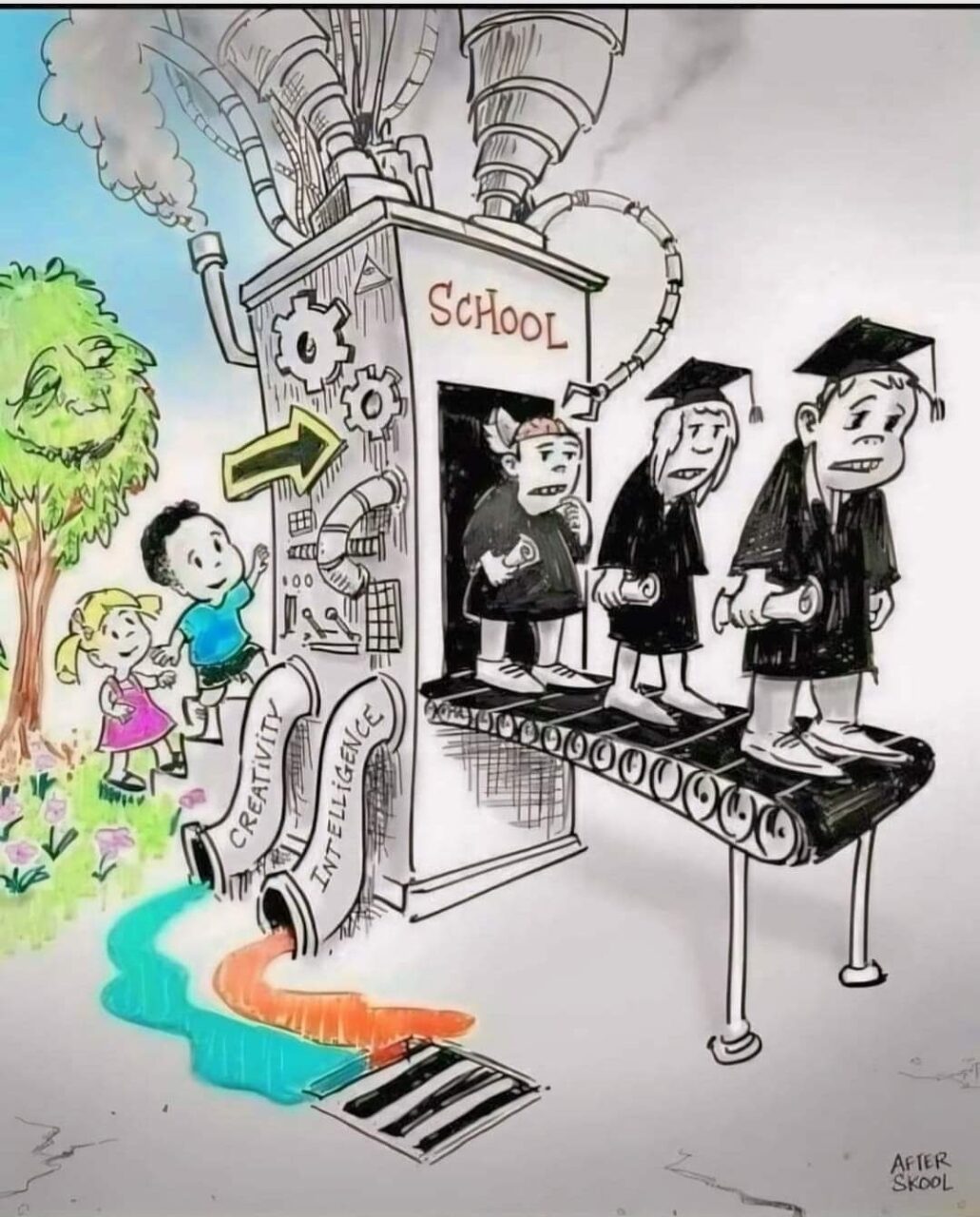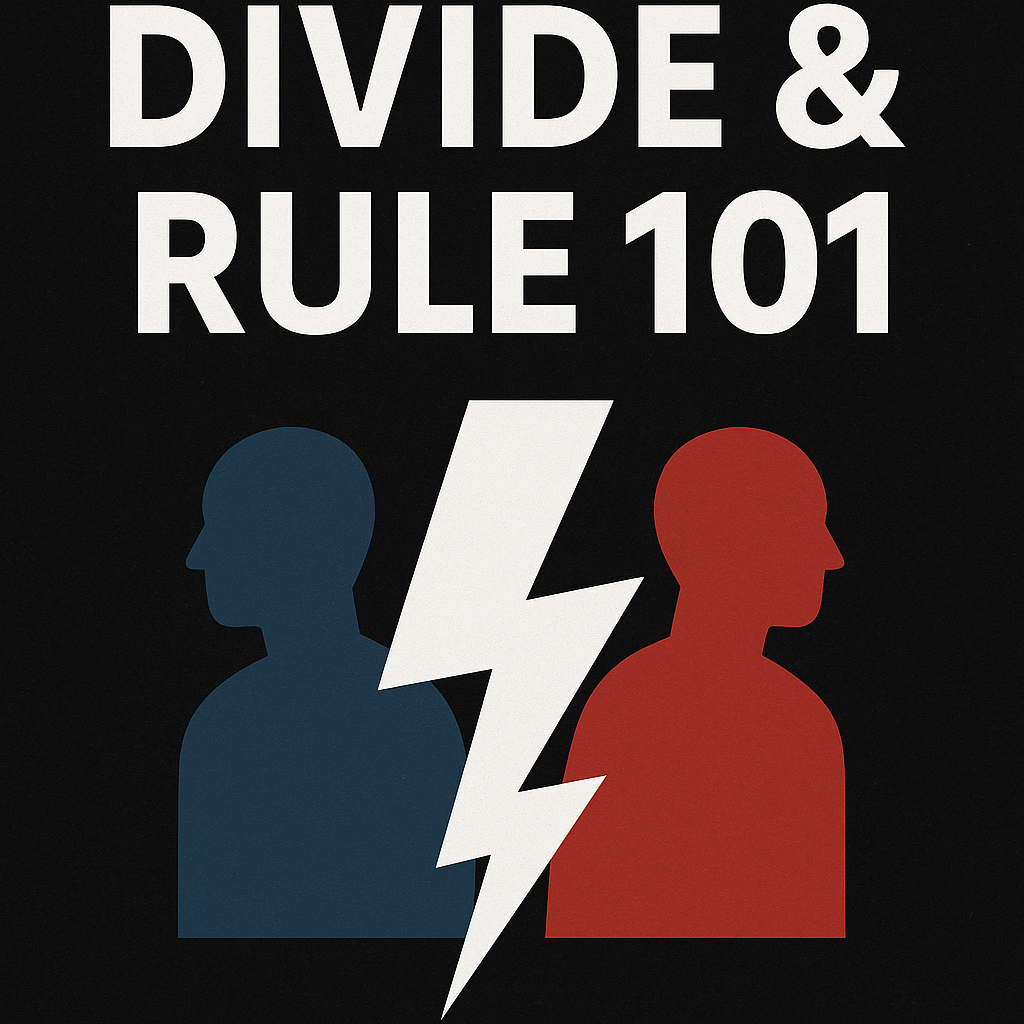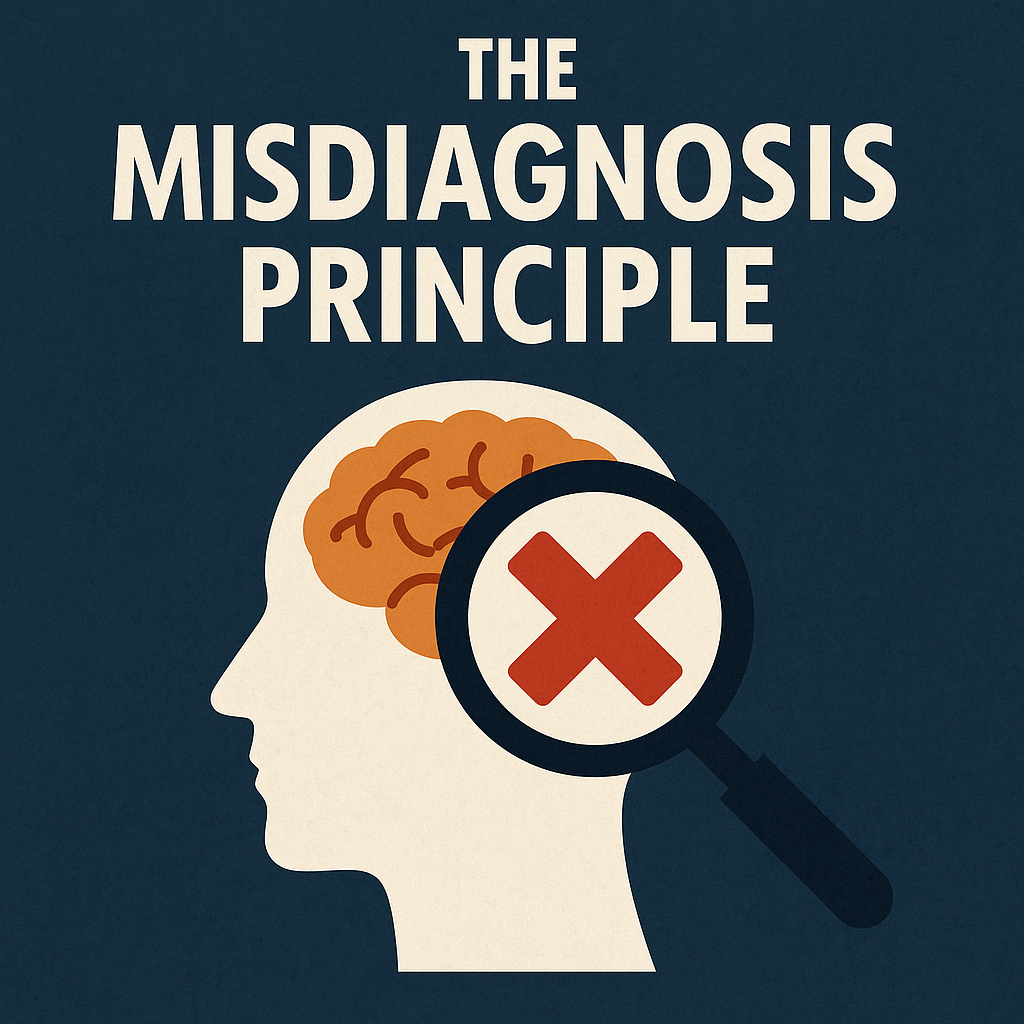
This quote reflects a critical view of consumer culture and the potential consequences of prioritizing material consumption over intellectual development. Here’s a detailed exploration of its meaning and implications:
Interpretation and Meaning
- Consumer Culture:
- Selective Consumerism: The quote suggests that people are becoming highly discerning when it comes to consumer products like cereals and automobiles, indicating a deep engagement with marketing, brands, and consumer choices.
- Superficial Decision-Making: This selectiveness is often based on superficial criteria such as branding, advertising, and trends, rather than substantive factors.
- Intellectual Deterioration:
- Lack of Critical Thinking: The quote implies that while people may be becoming more selective consumers, they are simultaneously losing the ability to engage in critical thinking and deeper intellectual pursuits.
- Prioritization of Consumption: It highlights a societal shift where consumption and materialism are prioritized over education, critical thinking, and intellectual engagement.
Implications for Society
- Education and Critical Thinking:
- Educational Deficiencies: If society places greater emphasis on consumerism than on education, it risks producing citizens who are less capable of independent thought and critical analysis.
- Need for Reform: There is a need for educational systems to emphasize critical thinking, problem-solving, and intellectual curiosity to counteract the effects of consumer culture.
- Media and Advertising:
- Influence of Advertising: Advertising plays a significant role in shaping consumer preferences, often encouraging superficial decision-making based on brand image rather than product quality or necessity.
- Media Literacy: Promoting media literacy can help individuals understand and critically evaluate advertising messages, reducing their influence on consumer behavior.
- Economic and Social Impacts:
- Economic Priorities: An economy driven by consumerism may prioritize short-term profits and consumption over long-term sustainability and intellectual growth.
- Social Consequences: A society focused on materialism can experience social fragmentation, reduced civic engagement, and a decline in collective problem-solving abilities.
Historical and Contemporary Context
- Historical Perspective:
- Post-War Consumerism: After World War II, consumer culture in many Western countries boomed, with increased production and marketing of consumer goods leading to a focus on material wealth and consumption.
- Critiques of Materialism: Thinkers like Aldous Huxley and George Orwell have critiqued the dangers of consumerism and the potential for it to distract people from more meaningful and intellectual pursuits.
- Contemporary Examples:
- Digital Age: In the digital age, targeted advertising and social media have amplified consumer culture, often at the expense of critical thinking and intellectual development.
- Education and Technology: The rise of technology and the internet presents both challenges and opportunities for education. While access to information has increased, the quality of engagement with that information varies.
Moving Forward
- Promoting Critical Thinking:
- Educational Initiatives: Schools and universities should focus on teaching critical thinking, media literacy, and problem-solving skills.
- Public Discourse: Encouraging public discourse and debate on important issues can help foster a more intellectually engaged citizenry.
- Balancing Consumerism and Intellectual Growth:
- Conscious Consumption: Promoting conscious consumption that values quality, sustainability, and necessity over brand and image can help mitigate the effects of superficial consumerism.
- Intellectual Pursuits: Encouraging hobbies, interests, and activities that promote intellectual growth and curiosity can provide a counterbalance to consumer culture.
- Policy and Community Engagement:
- Policy Interventions: Policies that support education, community programs, and public libraries can enhance access to intellectual resources and opportunities.
- Community Building: Community programs that encourage reading, discussions, and intellectual engagement can help build a more thoughtful and informed citizenry.
The quote underscores a critical concern about the impact of consumer culture on intellectual development. While people may become more discerning consumers, this focus on materialism can come at the expense of critical thinking and intellectual growth. Addressing this challenge requires a multifaceted approach that includes educational reforms, promoting media literacy, and fostering a culture that values intellectual pursuits alongside responsible consumption. By doing so, society can develop citizens who are not only selective about their consumer choices but also capable of thinking deeply and critically about the world around them.
“The key to economic prosperity is the organized creation of dissatisfaction.”
This statement suggests that economic prosperity is driven by creating and capitalizing on consumer dissatisfaction. It implies that when people are dissatisfied with what they have, they are more likely to spend money on new products and services. Here’s a detailed exploration of its meaning and implications:
Interpretation and Meaning
- Consumer Demand and Economic Growth:
- Stimulating Demand: By creating dissatisfaction, businesses can stimulate demand for new and improved products, driving sales and economic growth.
- Innovation and Improvement: Dissatisfaction can spur innovation as companies strive to develop better products to meet evolving consumer needs and desires.
- Marketing and Advertising:
- Creating Desires: Marketing often focuses on highlighting deficiencies in consumers’ current products or lifestyles, suggesting that new products will fulfill unmet needs or desires.
- Perpetuating Consumption: By constantly introducing new models, features, and improvements, businesses encourage continuous consumption, keeping the economy active.
Implications for Society
- Consumer Culture:
- Perpetual Dissatisfaction: A culture driven by dissatisfaction can lead to perpetual consumerism, where people are never content with what they have and always seek the next best thing.
- Materialism: This focus on consumption can foster materialism, where people measure success and happiness by their possessions rather than other meaningful aspects of life.
- Economic Sustainability:
- Growth and Stability: While consumer spending drives economic growth, an economy based on perpetual dissatisfaction may face sustainability challenges, including resource depletion and environmental impact.
- Innovation: On the positive side, this drive can lead to continuous innovation, improving standards of living through technological advancements and better products.
- Psychological and Social Effects:
- Mental Health: Constant dissatisfaction can have negative effects on mental health, contributing to stress, anxiety, and a sense of inadequacy.
- Social Inequality: Those who cannot afford to keep up with the latest trends may feel excluded or inferior, exacerbating social inequalities.
Historical and Contemporary Context
- Historical Perspective:
- Industrial Revolution: The rise of mass production and consumer goods during the Industrial Revolution led to increased marketing efforts to create demand for new products.
- Post-War Consumerism: After World War II, consumer culture boomed, with advertising playing a significant role in creating desires and driving economic growth.
- Contemporary Examples:
- Tech Industry: The tech industry exemplifies this principle, with frequent product updates and innovations that create dissatisfaction with older models (e.g., smartphones, laptops).
- Fashion Industry: The fashion industry relies on changing trends to create dissatisfaction with last season’s styles, encouraging continuous purchasing.
Ethical Considerations
- Consumer Exploitation:
- Manipulative Practices: Ethical concerns arise when businesses use manipulative marketing practices to create unnecessary dissatisfaction, exploiting consumers’ emotions and desires.
- Informed Choices: Ensuring that consumers have accurate information and can make informed choices is crucial to maintaining ethical standards in business.
- Environmental Impact:
- Sustainability: Encouraging constant consumption can lead to environmental degradation, resource depletion, and increased waste, raising questions about the long-term sustainability of this economic model.
- Corporate Responsibility: Companies have a responsibility to balance profit motives with environmental stewardship and sustainable practices.
Moving Forward
- Promoting Sustainable Consumption:
- Quality Over Quantity: Encouraging consumers to value quality, durability, and sustainability over frequent purchases can help reduce the negative impacts of perpetual dissatisfaction.
- Circular Economy: Embracing circular economy principles, such as recycling, reusing, and repurposing products, can promote more sustainable consumption patterns.
- Balancing Innovation and Contentment:
- Responsible Marketing: Businesses can market products responsibly, focusing on genuine improvements and benefits rather than creating artificial dissatisfaction.
- Consumer Education: Educating consumers about the impacts of their purchasing decisions and promoting mindful consumption can foster a more balanced approach to economic growth.
Conclusion
The statement “The key to economic prosperity is the organized creation of dissatisfaction” highlights a central dynamic in modern consumer economies: the use of dissatisfaction to drive demand and economic growth. While this approach can stimulate innovation and economic activity, it also raises important ethical, environmental, and social considerations. Balancing the drive for economic growth with sustainability, ethical practices, and consumer well-being is essential for creating a prosperous and equitable society.








